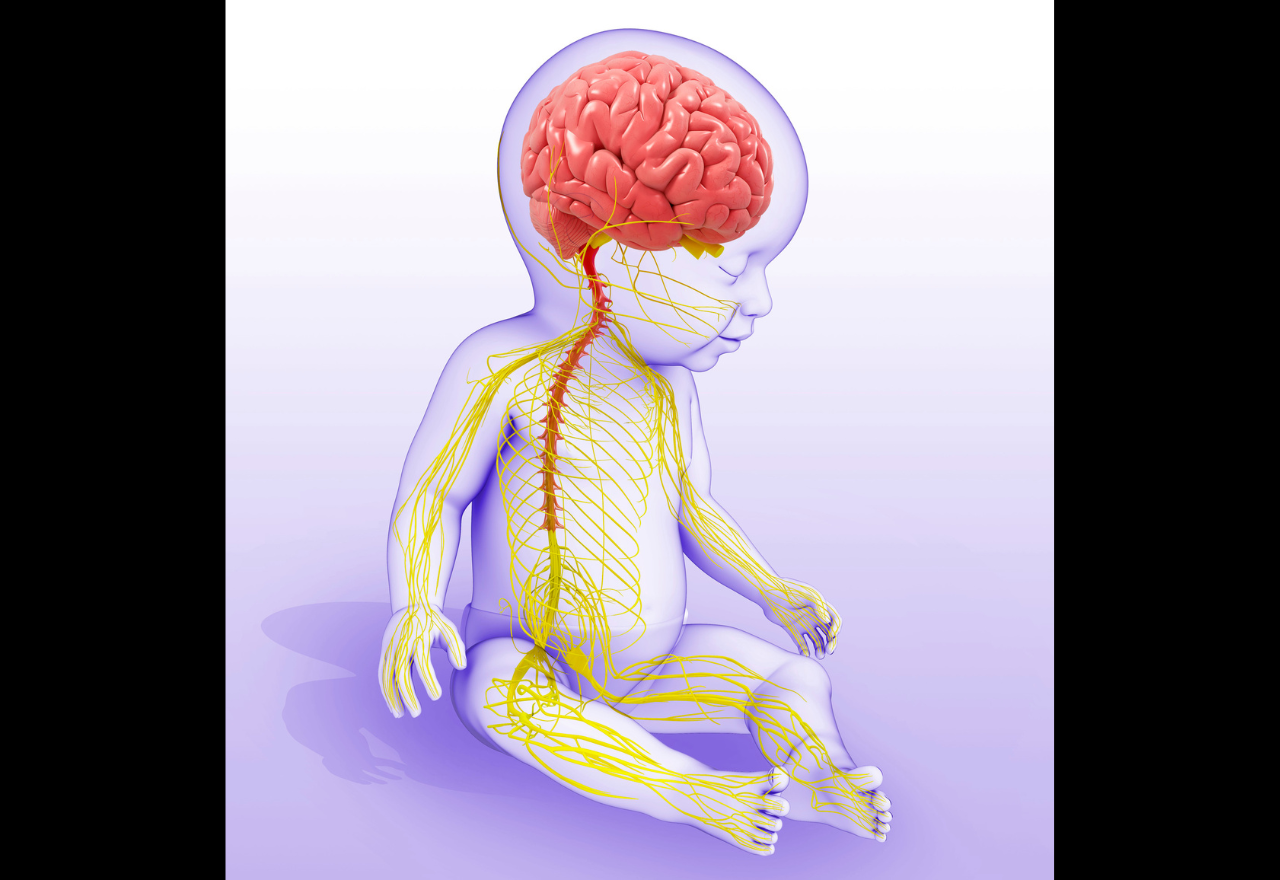Scientists awarded $2.9m to investigate genetic causes of deadly childhood brain cancer
22 September 2025, 1:11 AM

UniSA scientists will use a $2.9 million Federal Government grant to uncover the genetic drivers of diffuse midline glioma (DMG), the most devastating paediatric brain cancer that kills around 25 children in Australia every year.
Associate Professor Quenten Schwarz will lead a team of researchers in Adelaide and Sydney over the next five years, using engineered and patient-derived stem cell technology to investigate the genetic abnormalities present in children with the disease and identify better treatment options.
His project is one of three brain cancer research groups in Australia awarded a total of $23.3 million by theMedical Research Future Fund, announced over the weekend.
With no cure, and an average survival rate of just nine months following diagnosis, Assoc Prof Schwarz says more research is urgently needed to address this brutal disease.
“There has been very little progress made in identifying the causes and finding effective treatments for DMG over decades,” he says. “We need to do better”.
“This grant offers an exciting opportunity to pioneer a new approach to uncover the genetic and environmental factors that lead to the development of childhood brain cancer.
“There are limited treatment options right now, but we believe our research will provide vital insights into the mechanism behind the origins of DMG, paving the way for more effective therapies.”
Led by UniSA’s Centre for Cancer Biology, the project will bring together leading brain tumour research groups across Adelaide and will be delivered in close collaboration with the Children’s Cancer Institute in Sydney.
Adelaide father Steve Bickley lost his 11-year-old daughter Jess to brain cancer in September 2023, nine months after her first symptoms (recurring pain in her neck).
“The diagnosis in April 2023 came like a bolt out of the blue,” Steve says. “Nothing can prepare you for that. We were told there was no cure, and ‘to go home and make memories’ for the short time that Jess had left.”
In the past two years Steve has supported charities in Adelaide and interstate to fund much needed research into DMG in the hope that other parents can be spared the same fate in years to come.
“Research is vital into this cruel and devastating disease. It’s heartening to know that Adelaide has some of the best brain cancer scientists in the country who will be doing everything possible to uncover the causes and best treatment options for DMG.”

